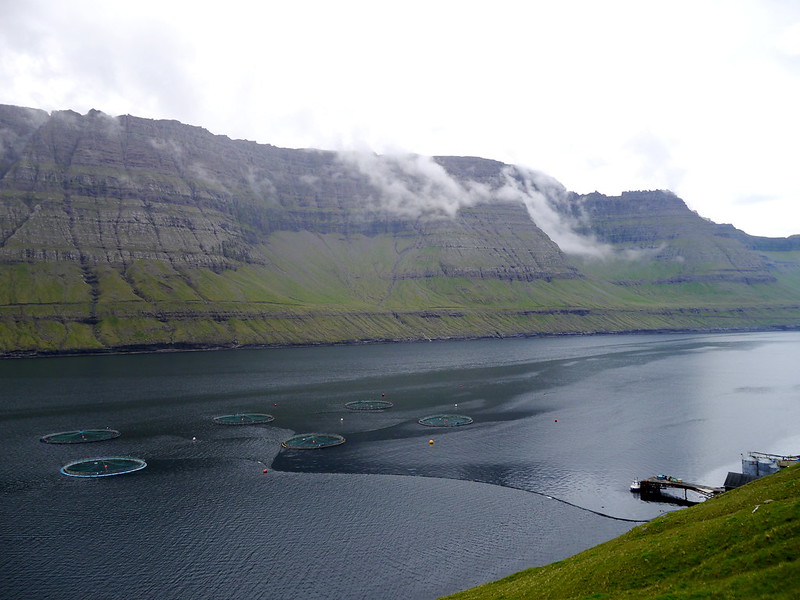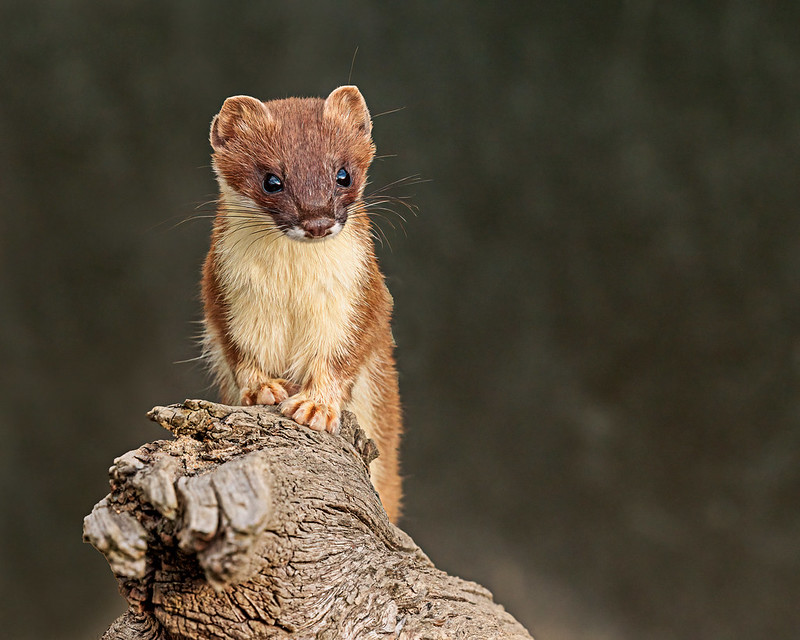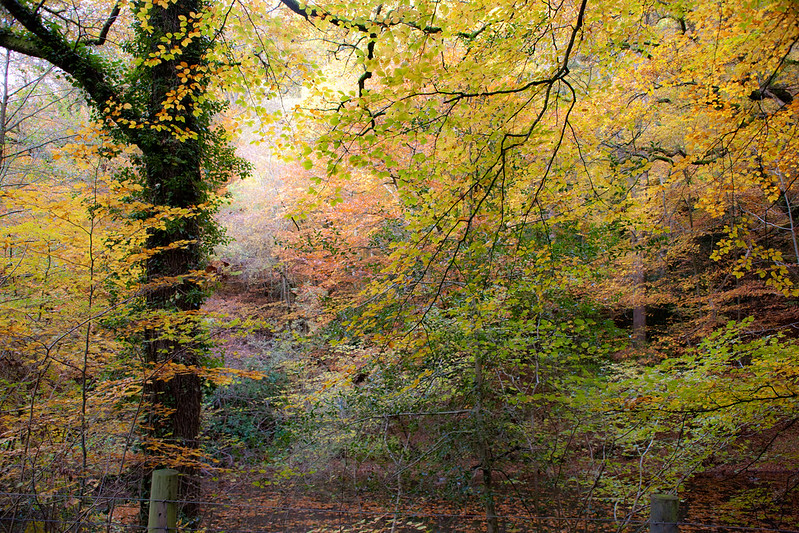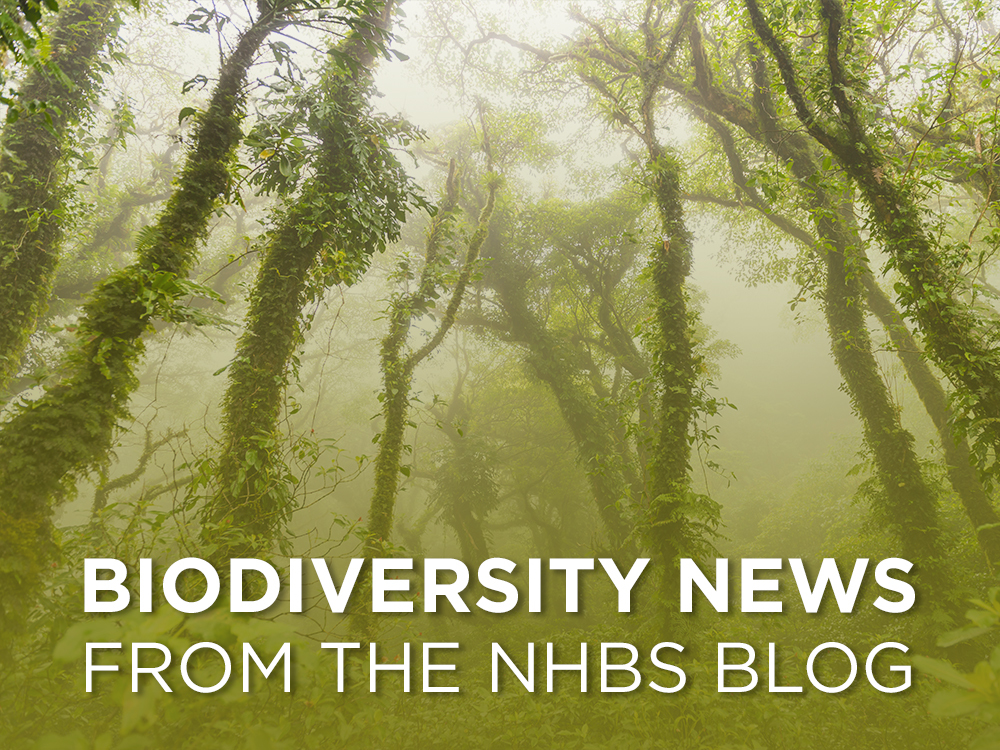Climate Crisis
Concern is mounting over the lack of progress made at COP16. After the historic agreement in Montreal which established targets to reform subsidies and to protect 30% of the planet by 2030, COP16 has revealed that participating nations are not on track to meet these targets outlined in the agreement. In order to reach 30×30, we must designate protected land equivalent to Brazil and Australia combined, and an area of the sea larger than the Indian Ocean. The second week of negotiations has shown little concrete progress on any of these targets, and a slow implementation of these international agreements risks another decade of biodiversity loss.
The UK’s largest supplier of farmed salmon has reported the biggest mass die-off in a decade. Mowi Scotland, a supplier to large supermarkets in the UK, has reported the loss of over one million fish in one production cycle. The supplier has attributed the loss to a rise in sea temperatures, exacerbated by the climate crisis, which give rise to jellyfish blooms – these harmful blooms can cause injury to farmed salmon, risking health issues and fatalities.

Conservation
The final phase of a £4.5 million rodent eradication project is underway on Rathlin Island, Northern Ireland. The island hosts one of the UK’s largest seabird colonies, including Puffins, Manx Shearwaters and Kittiwakes. Seabird species are suffering heavily from rodent predation, and Puffins alone have declined by 74% over a twenty year period. In October, the last of over 6,700 rodent traps were deployed across the 3,400 acre island and over the next seven months, conservationists and volunteers will continue to work on the eradication programme, which will come to an end in 2026.
West European Hedgehogs have been classified as ‘near threatened’ under the IUCN red list. Their populations have suffered significant declines over recent decades and are believed to have halved in more than 50% of its native countries, including the UK. A 2022 study found that British hedgehogs declined up to 75% in rural areas due to growing environmental pressures, including agricultural intensification and urban expansion. Further population declines could see this species under risk of extinction.

A project to remove invasive Stoats from Orkney has seen positive results in the islands biodiversity. The Orkney Native Wildlife Project began in 2019 to remove non-native Stoats which pose significant threats to ground-nesting birds and an endemic vole species. The project is the largest Stoat removal attempted anywhere in the world, with over 6,500 animals removed to date, and has helped to boost wildlife across the island – compared to 2019, curlew and Oystercatcher nest success is three times higher, Hen Harrier nesting success is at its highest, and Orkney Vole activity has increased by 200%.
Environment
More than one third of tree species are facing extinction. Over 38% of the planet’s trees are threatened in 192 countries, outweighing the cumulative number of threatened birds, mammals, reptiles and amphibians. Compiled by Botanic Gardens Conservation International (BGCI) and the International Union for the Conservation of Nature (IUCN), the work of over 1,000 scientists contributed to the assessment of the conservation status of trees. It found that logging, land clearing, pests and diseases were the greatest threats to the group, which could have a cascading effect on other animal and plant species that rely on trees for survival.

Two Bison calves have been born in Blean Woods. As part of the Wilder Blean Bison Project, managed by the Kent Wildlife Trust and the Wildwood Trust, a small herd of European Bison were introduced to woodland in Canterbury, Kent. Three females and one bull were released in 2022 to boost biodiversity and improve the resilience of the environment in the face of climate change. The birth of these calves now brings the herd to eight members, and conservationists hope that the group will continue to expand and benefit the biodiversity of their environment.

